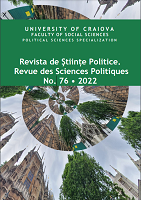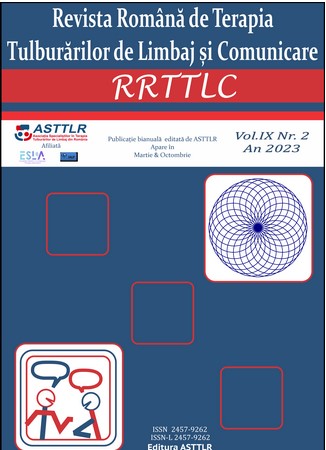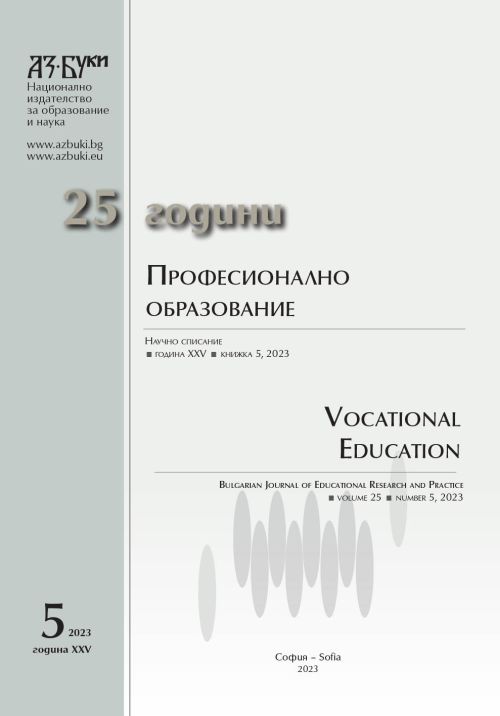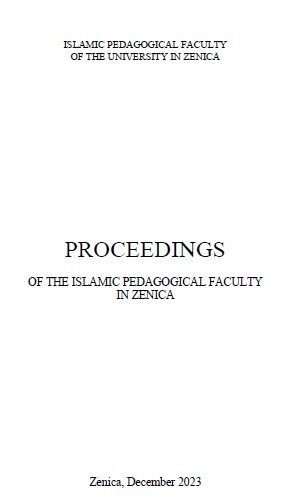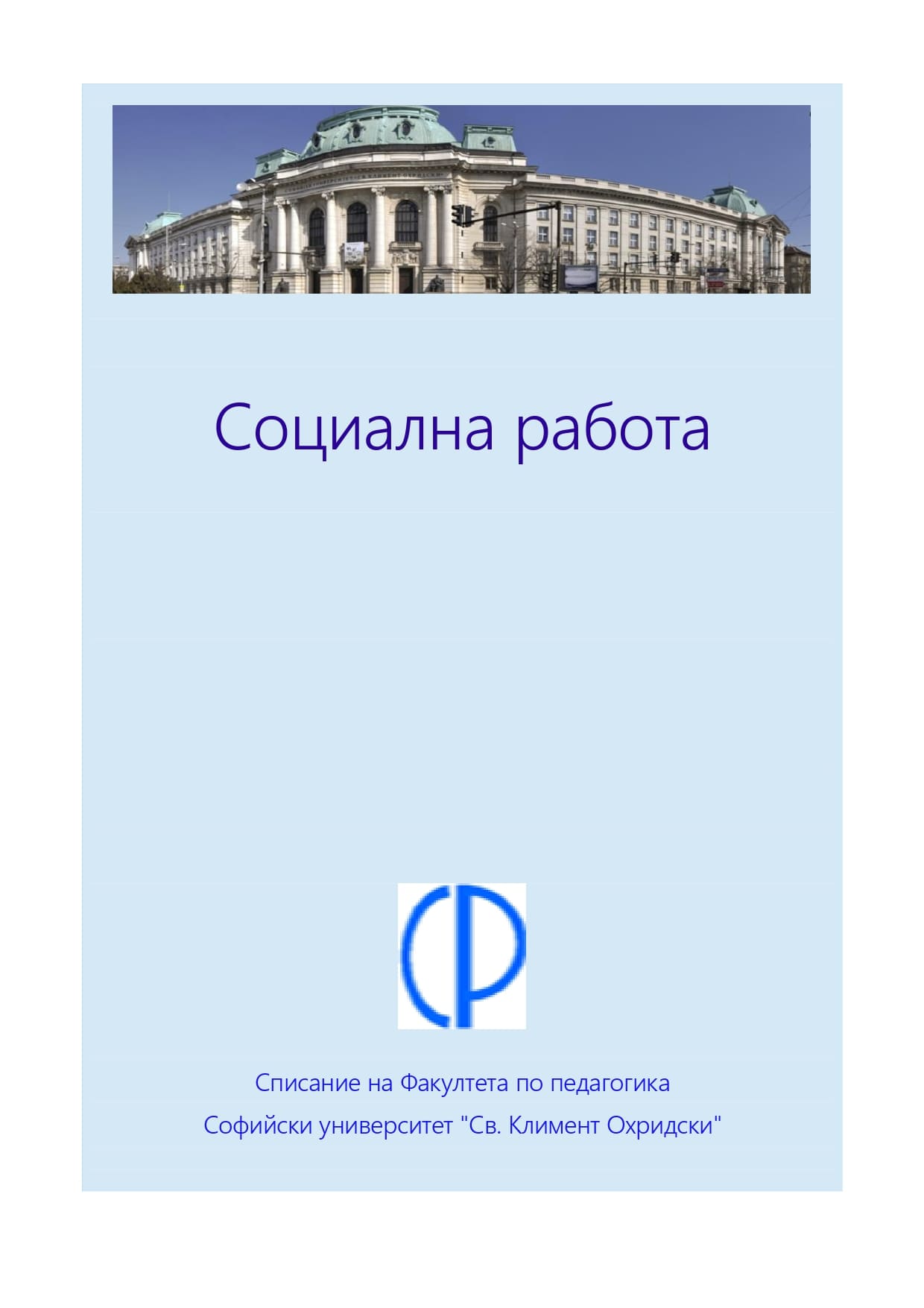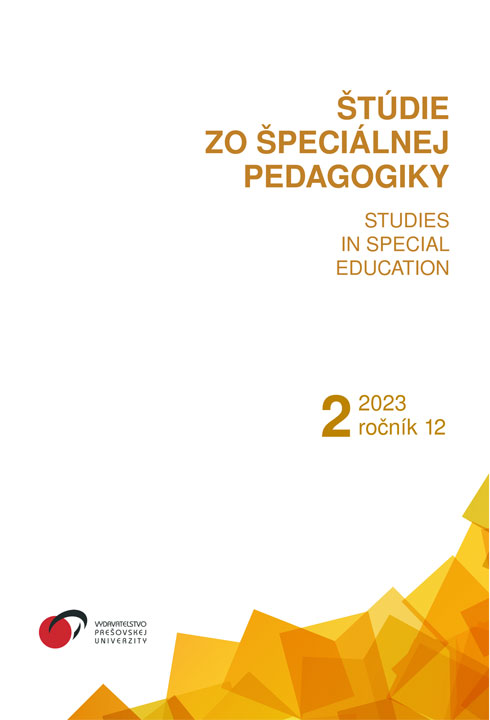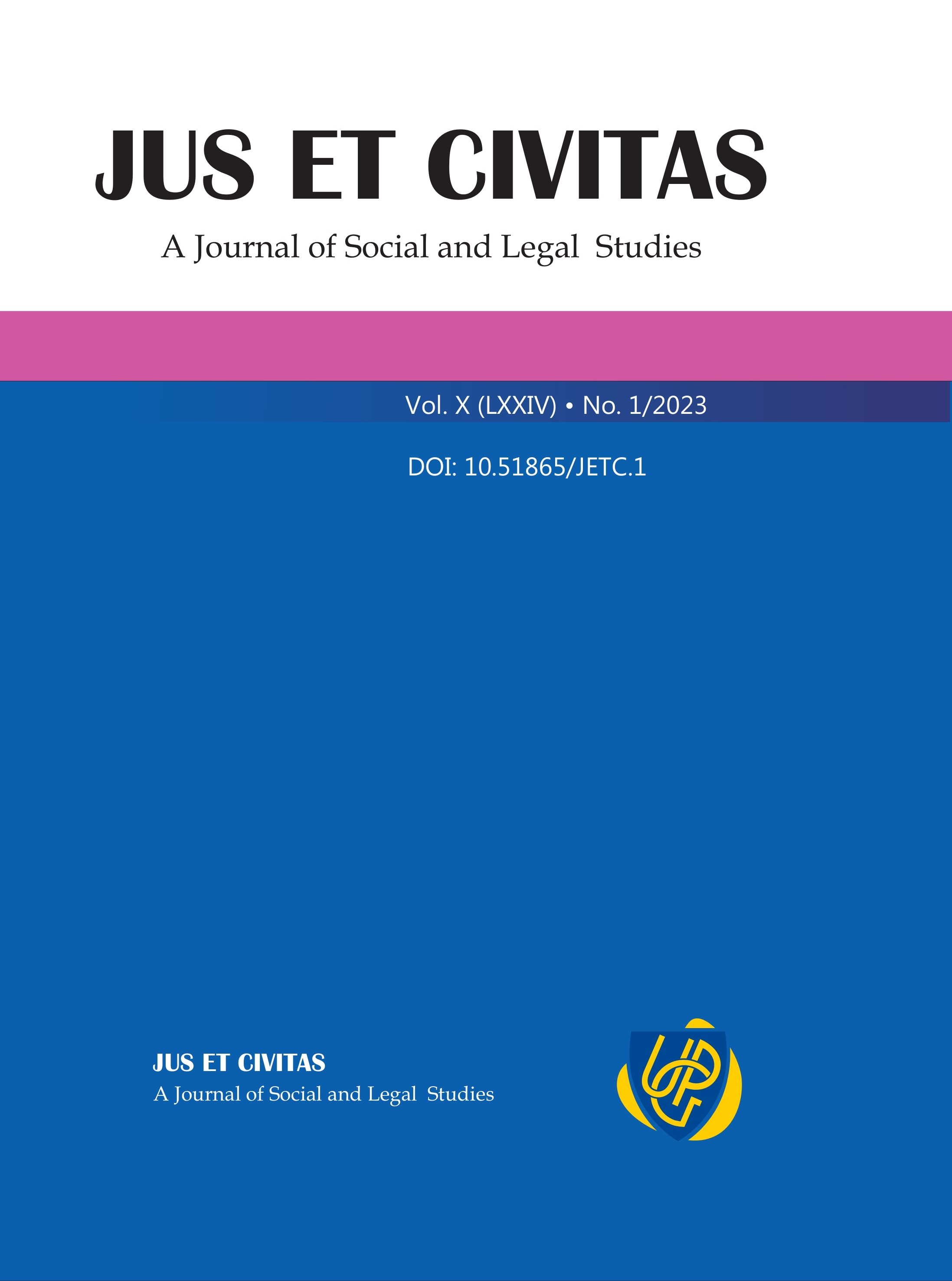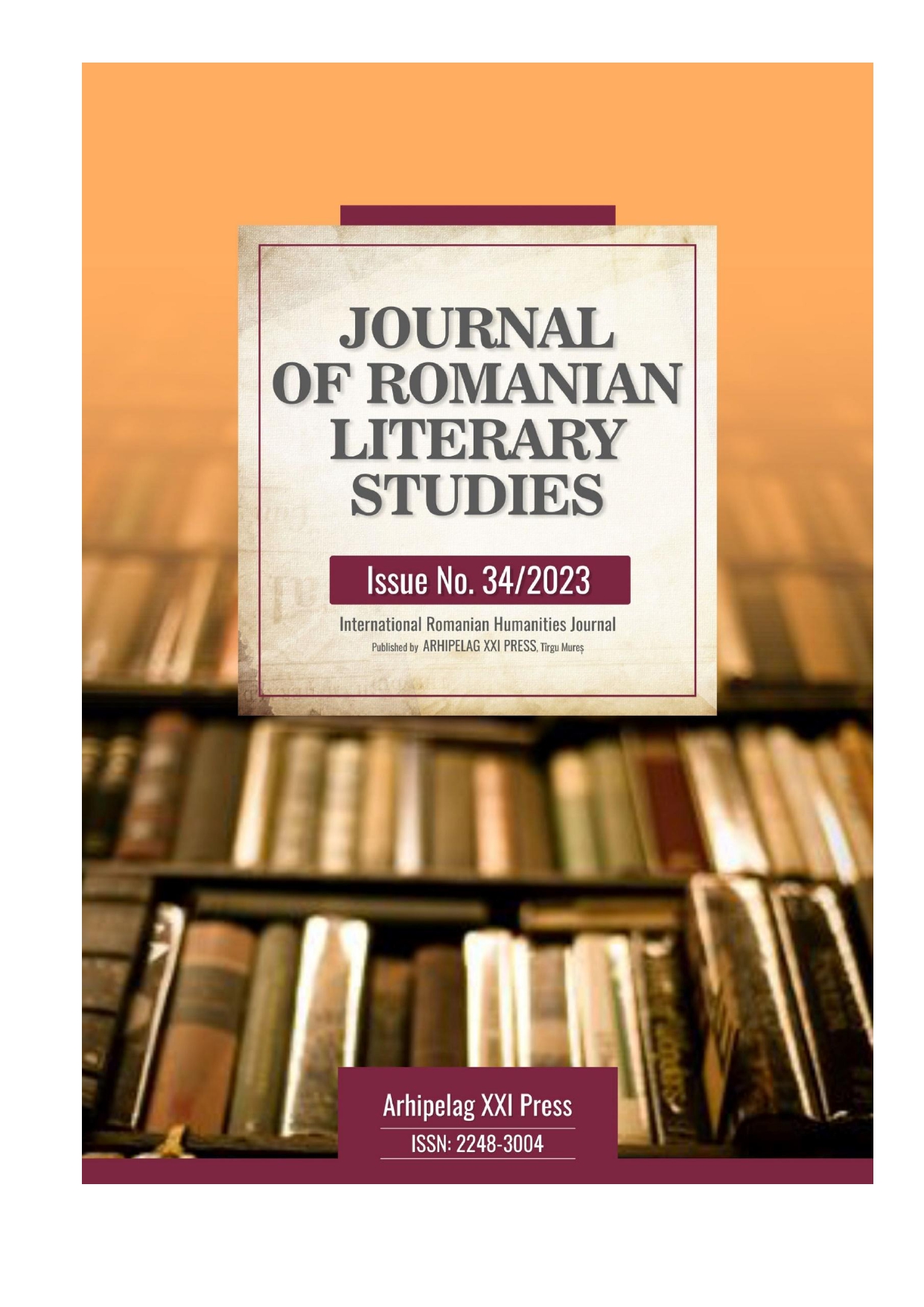
ROLE OF ARTIFICIAL INTELLIGENCE IN LEARNING ROMANIAN AS A SECOND LANGUAGE FOR INTERNATIONAL STUDENTS
Learning a less used foreign language as a second language has become increasingly important in today’s globalized world. Romanian as an L2, in particular, has gained popularity in recent years as the number of international students who choose Romania to continue their bachelor, master and PhD studies has significantly increased. As the demand for effective language learning methods grows, so does the integration of artificial intelligence (AI) into language education. Our article explores the benefits and challenges of using AI to learn Romanian as a second language (L2) for international students and delves into the benefits and challenges of integrating AI into learning Romanian as a less used foreign language.
More...
